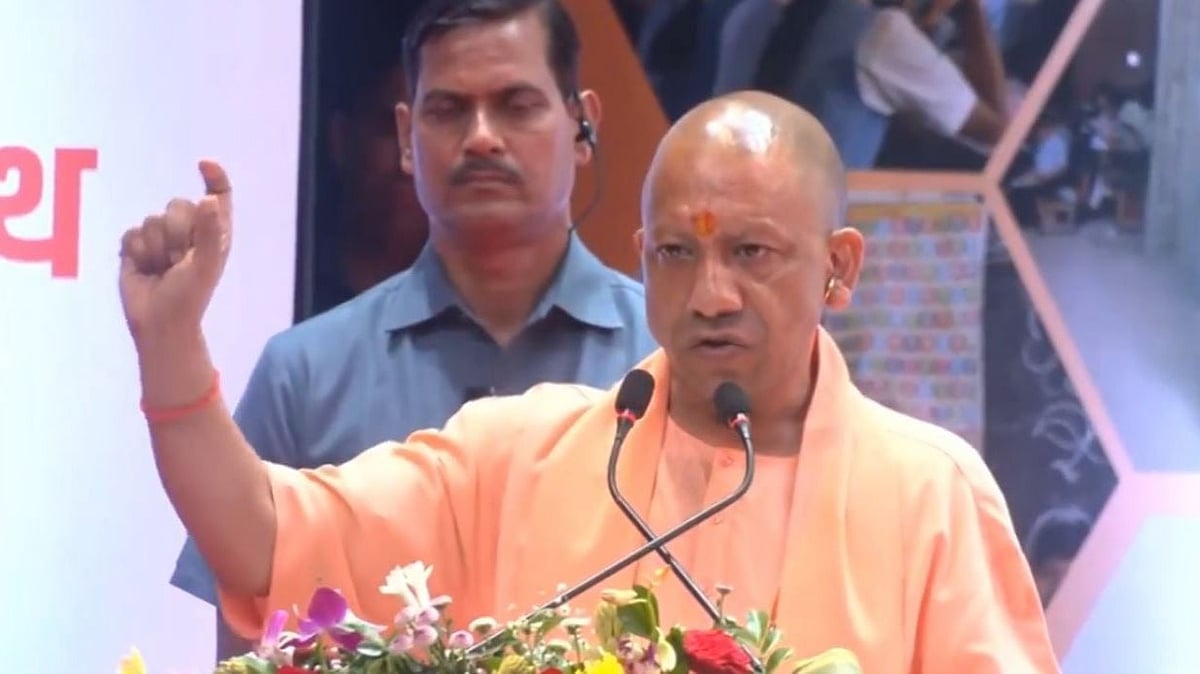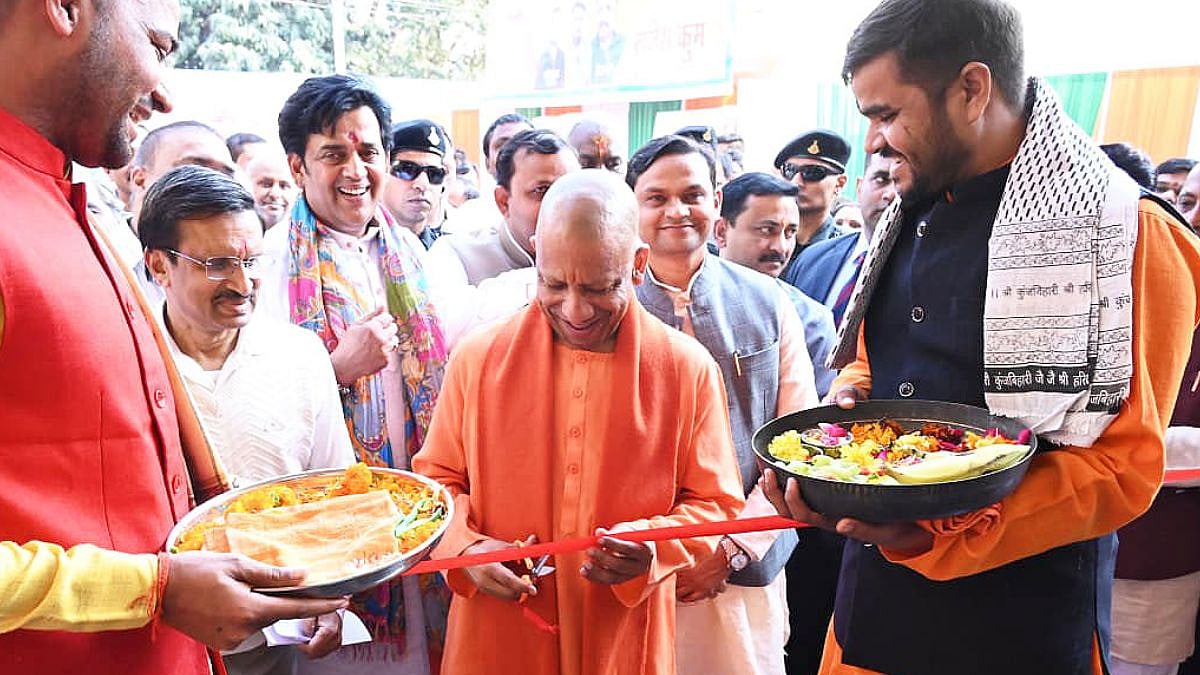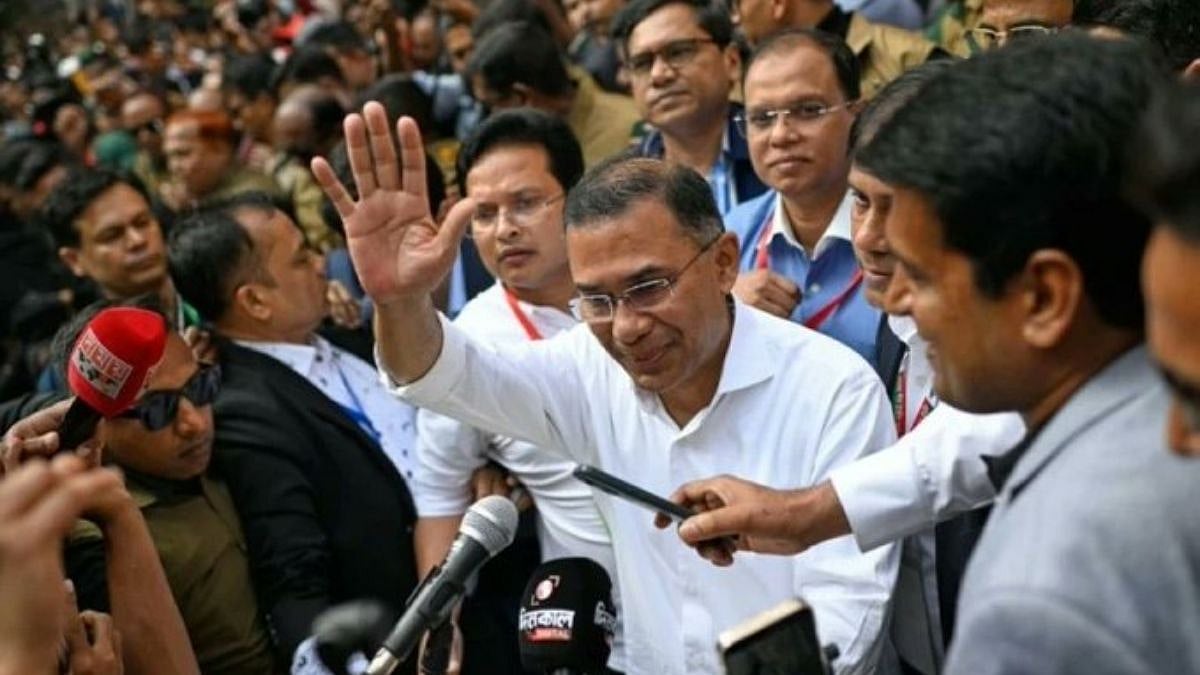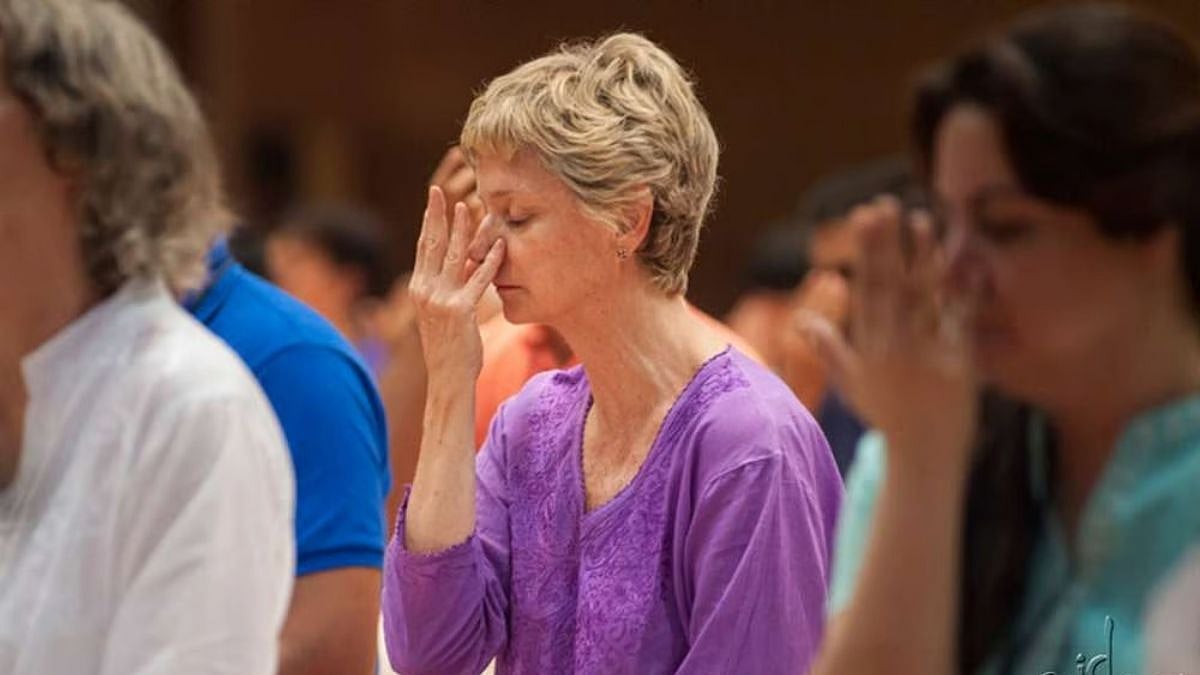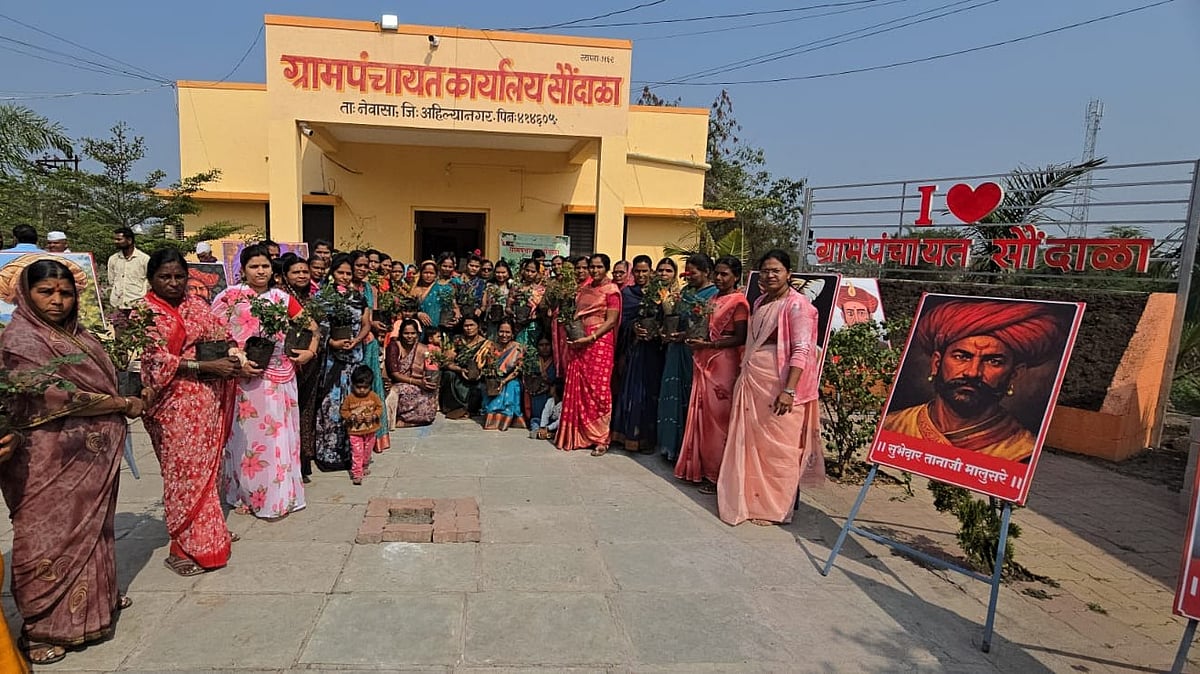Rahul Gandhi’s latest Temple Run signals that his party perceives a need to adapt to the current political zeitgeist by reaching out to the majority community. Whether the Congress can shed the inertia of the past and craft a new social coalition remains to be seen.
Mr Gandhi’s whirlwind tour of religious sites in 2017, ahead of the Gujarat assembly elections, was the first attempt to respond to the rising tide of Hindu nationalism. Die-hard secularists within the party condemned the fresh experiment in ‘soft Hindutva’ and averred that it had never served the Congress in the past.
The pragmatists pointed out that of the 27 sites Mr Gandhi visited in Gujarat, the Congress won in 18. In ten of them, it ousted sitting BJP MLAs. Granted, the patidar movement and farmers’ distress owing to a fall in the price of agricultural commodities were primarily responsible for the improvement in the Congress tally. If the temple visits didn’t help, they didn’t hurt either.
The following year, the same tactics were brought to bear in Karnataka. Mr Gandhi visited various temples and engaged with the heads of the all-powerful Lingayat mutts. However, the Congress did not manage to secure the support of the dominant community and suffered severe reverses in the assembly elections.
Temple Run 2.0 is dovetailed with the Bharat Jodo Yatra, and raises some intriguing questions. First, is the Hindu-isation of Mr Gandhi a case of ‘if you can’t beat them, join them’? Second, by letting the BJP set the terms of the discourse, is the Congress taking its minority votebase for granted? (Perhaps Mr Gandhi drew inspiration from West Bengal chief minister Mamata Banerjee, who won on the strength of the minority vote in 2021, even while underlining her Hindu credentials.) Third, is this likely to be a sustained campaign, or is it prompted purely by the assembly elections? Fourth, will the Congress come out in support of a Uniform Civil Code?
The intellectual framework for the attempt to woo the majority community has been provided by the likes of Shashi Tharoor (author of Why I Am a Hindu). The Congress has sought to draw a distinction between the Hindutva and Hinduism. The implication is that the RSS owns the former, while the Congress represents the latter. In other words, its espouses the genuine values of Hinduism (satya), as opposed to a play for power (satta).
The efficacy of such arguments is questionable, given the Congress’ history of dangerous flirtations with conservative factions. The propping up of Jarnail Singh Bhinderenwale was a case in point. Another was the overturning of the Supreme Court verdict in the Shah Bano case through an Act of Parliament, followed by the shilanyas of the Ram Temple at Ayodhya.
The Congress is desperate to craft a counter-narrative to the BJP and Rahul Gandhi’s Temple Run 2.0 can be seen in that context. But the ‘my Hinduism is better than yours’ will not click with voters, who see the BJP in general and Prime Minister Narendra Modi in particular as the real thing. No leader can compete with Mr Modi for the ‘Hindu hriday samrat’ tag.
So, is the Temple Run a wasted effort? In the long run, no. If nothing else, Mr Gandhi is telling the majority community ‘I see you, I hear you’. For the Congress, perceived as being prey to blatant minorityism, this is a step forward. However, the message has to percolate down the ranks. Remarks of the kind recently made by Karnataka Congress leader Satish Jarkiholi – that Hindu is a Persian word with a ‘dirty meaning’ – are best avoided.
This calls for a no-holds barred review of its secularist dogma. The Congress brains trust must consider questions that have foiled political scientists and sociologists the world over. For example, whether multiculturalism of the American variety is the best fit in the uniquely Indian social context. In the backdrop of the horrible human rights violations visited on anti-hijab protestors in Iran, was it wise of Mr Gandhi to have hijab-clad girls join him on his yatra?
The Congress will also have to come to grips with the prevailing political current in favour of a uniform civil code. On the Triple Talaq ban, it sent mixed signals, with one spokesperson saying the party ‘fundamentally’ supported the law but objected to the criminal provisions, and another maintaining that it would scrap the legislation if it came to power.
Interesting times lie ahead, with the BJP strategically reaching out to Pasmanda Muslims and the Congress to the Hindu majority.
Bhavdeep Kang is a senior journalist with 35 years of experience in working with major newspapers and magazines. She is now an independent writer and author


